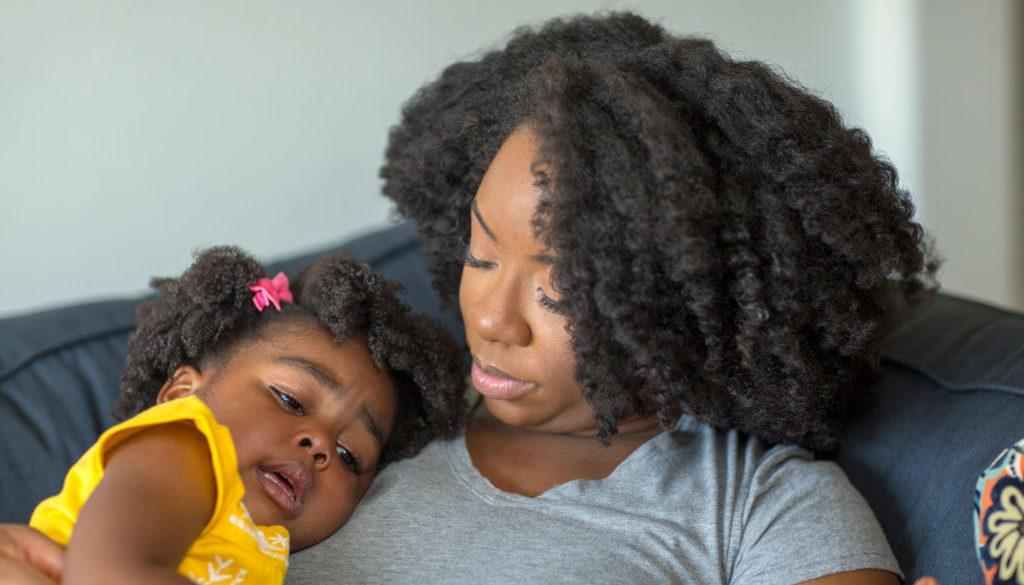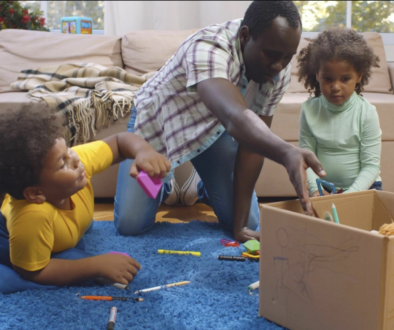What to Say to Children Instead of “You’re OK.”

Maybe it’s simply to avoid our child’s meltdown (which might make us uncomfortable). Maybe it’s just wanting our children to develop grit and to teach them not get stuck on the little things. But when we say “you’re ok” we are telling our children that their emotions and how they truly feel is secondary to how an adult says they are feeling. This can be impactful for a child who desperately wants their parent/caregiver to understand and validate that they may be feeling scared, frightened, hurt, or sad.
As harmless as it seems, comments like “don’t cry” sends the message to our children that their way of expressing their emotions isn’t acceptable. This can be upsetting for a child, and as they get older may result in anger and reactivity as they try to find other ways to process their emotions.
It is essential that children learn how to trust themselves and when we ask them to push away what they’re truly feeling, we are teaching them that their feelings can’t be trusted or acknowledged. Teaching empathy to your child starts with accepting all the emotions they experience.
Every time you tell your child they’re ok when they are showing you that they are not, they are getting the message that they can’t trust themselves or their feelings.
Children need us to validate their inner feelings. When we have different idea about what is happening for them; what they know to be true, they are forced to make a difficult position to either trust us or to trust themselves.
Sometimes, “you’re okay” is an impulsive, knee jerk response. Parents just want to reassure their children that everything is going to be okay. However, a more validating statement with a similar message may sound like this: “I can see that this is hard. I’ll sit with you through it for as long as it lasts.”
So, what can we say instead of “you’re ok”? It is helpful to think of what you need when you are feeling hurt, scared, or frustrated. What would you want to hear to feel supported? Try these simple phrases to acknowledge feelings without minimizing them:
I’m here.
I hear you.
I see you.
What do you need?
How can I help?
You’re not alone.
You’re feeling something important, I’m here for you.
It is possible to validate your child’s feelings without being permissive about behavior or overindulging them. If your child cries, it is because their body is telling them that they need to cry – crying is a beneficial central nervous system response to emotion that can reduce stress hormones. If we can learn to stay with our children through these big emotions, rather than trying to push them out of it or push them into feeling “okay”, they will learn to trust themselves and they will also feel seen and heard by the most important adults in their life, the people they look to for connection and support.





